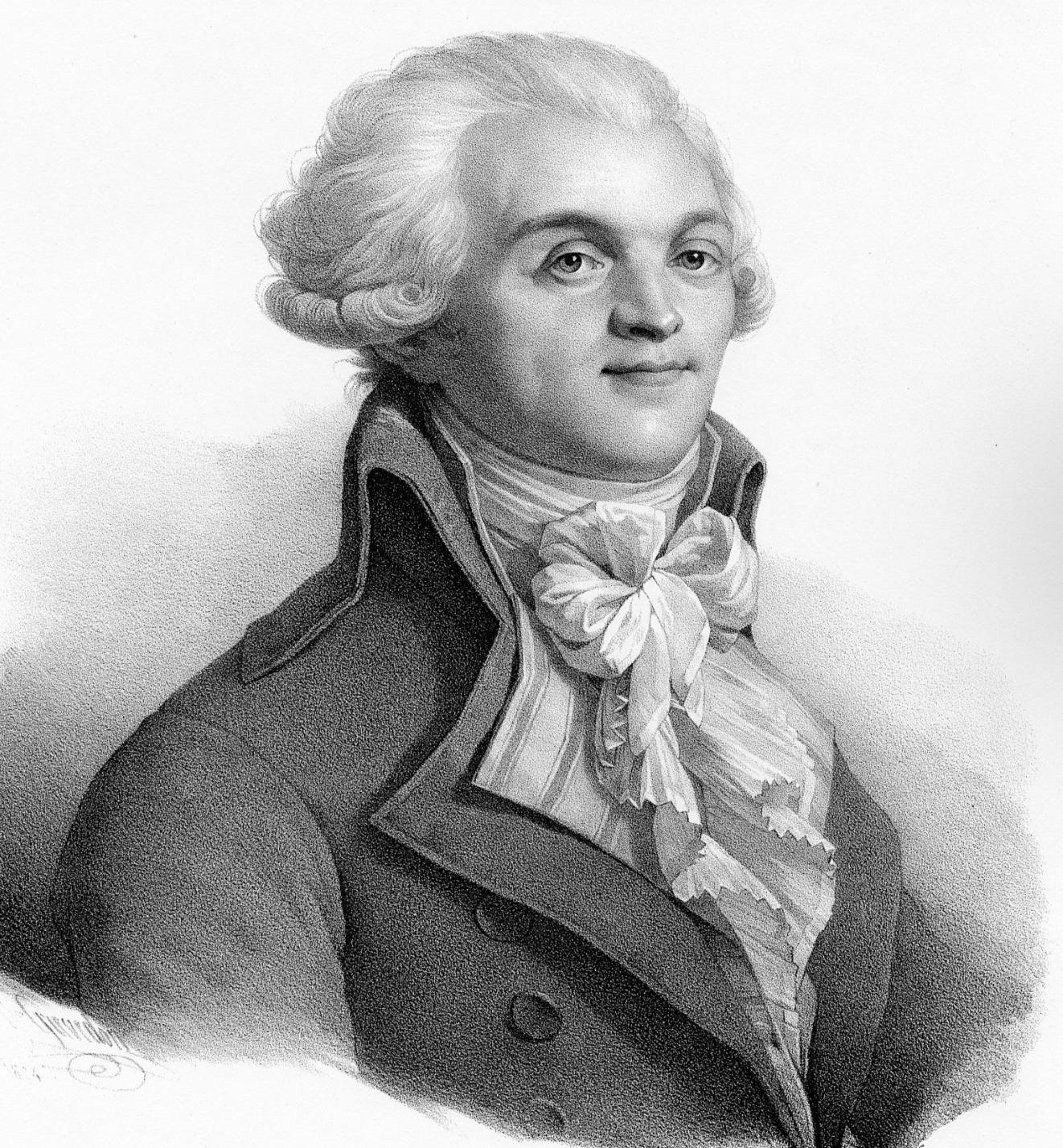What is The Dark Enlightenment and Why Is It Important
In a lot of ways I’m more of a luddite than I usually admit. I spend a lot of time in the woods. I barely know how to use my iPhone. It’s been a year and I still can’t figure out how to hook up a Roku. I believe strongly that we should have internet and cell free zones like we have national parks. I think that social media is overwriting our natural metaphysical connection with each other. I still read paper books and I live a little more in the world of ideas than most people I meet. I used to joke that I was a renaissance man, but the truth is that I’m more of an enlightenment man.
The Enlightenment was an intellectual period in Europe spanning roughly from the late 1600s thru the early 1800s. America was birthed from the Enlightenment, as was modern representative democracy. The enlightenment prized learning and reason. People began to distrust and rebel against the ideas of absolute monarchy and kingdoms. They began to understand that ideas of right and truth did not need to be filtered through a monarch or a pope to get to you and I. Emancipation movements took root and people began to understand why things like slavery are evil. Ideas like the separation of church and state became mainstream.
Maximilien François Marie Isidore de Robespierre
The enlightenment is considered to have ended sometime around 1815 and was followed by Romanticism, which prized emotion and imagination over reason. That was followed in the 20th century by Realism, Modernism, and then concepts that are purposely harder to understand like Postmodernism and Post-structuralism. I feel like that was the beginning of our downfall in some ways. As people became more disconnected from a personal and cultural philosophy that they could understand, a sort of nihilistic gap emerge. As the late 20th century became the first quarter of the 21st century, we filled our lack of meaning with cheaply made goods, with increasing political dysfunction, a gigantic propaganda machine, and a new gilded age. Instead of idolizing heroes, creators of things, and people who were committed to making deep sacrifices to help others, we became obsessed with internet celebrities and memes. Money mattered. In a surface age of social media, it became best not think too deeply about anything.
I’ve become increasingly convinced that we’ve moved beyond that age. Until the past few weeks I wasn’t really sure what this new thing was. During a short phone call on Sunday, my friend Abbey filled in the gap for me.
Like it or not (and I don’t), we now live in the Dark Enlightenment.
What is the Dark Enlightenment? It’s a kind of philosophy that grew from the writings of a tech executive named Curtis Yarvin and a British philosopher named Nick Land.
Yarvin edited two blogs. He and the movement advocate for something they call “accountable monarchy” and a strong/small state control over the economy and the lives of citizens. They believe that democracy has failed and advocate for a system that is both libertarian and authoritarian, like the nation-states of 2000 years ago. Yarvin is considered to be the theoretical godfather to much of the MAGA movement, or at least MAGA 2.0. His work has been very influential to many in TrumpWorld including J.D. Vance, Peter Thiel, Elon Musk, Steve Bannon, and Mark Zuckerberg.
Land is slightly lesser known. He is the father of a school of thought called acceleration. The idea is that uber-capitalism and quickening technological change should be embraced in order to destabilize the existing order. Land predicted that the pace of change will get us closer to singularity and create a positive feedback loop that will leave developed Western countries like America struggling to hold onto power in ever more oppressive ways while biological warfare will combine with technology to essentially destroy humanity as we know it.
This movement believes that representative democracy has failed and that the only viable way forward for humanity is through small state monarchy.
Read that again: monarchy.
If you aren’t scared yet, you should be. This is not an indictment of Trump exactly, but of his close circle of influence.
A couple of weeks ago in Puerto Rico I had a chance to re-read the 105 years old novel We by Russian novelist Yevgeny Zamyatin. Zamyatin is considered to be one of the first Soviet dissidents and was very influential to a couple of other writers you probably have heard of: George Orwell and Aldous Huxley.
The novel is short and well worth a read. While it was written as a condemnation of Russian totalitarianism, it seems somehow even more topical right now.
As I reminded a friend the other day, The French Revolution isn’t so bad if you’re Robespierre. At least not until you’re executed.
For everyone else it’s an absolute nightmare.

